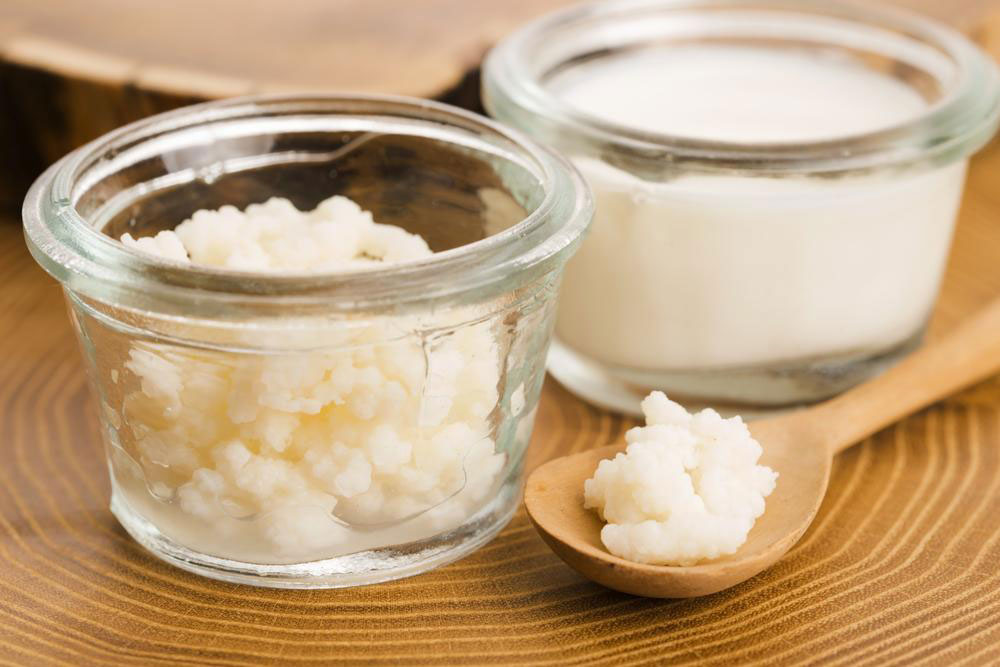Understanding the Role of Probiotics in Health
Explore the essentials of probiotics, their history, benefits, and safe usage. Learn how these beneficial microbes support overall health, aid in digestion, weight management, mental health, and immunity. Discover the best probiotic foods and precautions for safe consumption to enhance your well-being naturally.

Understanding the Role of Probiotics in Health
An Overview of Probiotics
Researchers estimate that Earth hosts over one trillion bacterial species, most harmless and some vital for long-term health. Conversely, a few bacteria pose dangers, causing infections and illnesses. Many can thrive with minimal oxygen, surviving in soil, water, or extreme environments. While antibiotics target harmful bacteria, probiotics encourage the growth of beneficial microbes.
These beneficial supplements are popular for their potential health benefits. Regular consumption of top probiotic products may help manage various health issues influenced by lifestyle choices. Here are some facts about probiotics you might not know:
What exactly are probiotics?
The term “probiotic” originates from Greek, with “pro” meaning “for” and “biotic” meaning “life”.
Ancient cultures like the Greeks and Hindus used fermented foods for health, as mentioned even in biblical texts.
Yogurt and sour milk contain Lactobacillus, a beneficial bacteria that supports gut health.
Historically, sour milk treated intestinal issues in hot regions of the Middle East and Asia. This was one of the earliest probiotic foods known to mankind.
Modern science was influenced by Nobel Laureate Elie Metchnikoff, who linked fermented milk consumption to longevity, based on observations of rural Europeans.
Interest in probiotics and their advantages has grown significantly today.
Types of probiotics
Beneficial bacteria like Lactobacillus rhamnosus, Lactobacillus casei, and Lactobacillus johnsonii reside in the gut and support health.
Other probiotics include Bifidobacterium and Saccharomyces yeast strains.
Common probiotic foods encompass fermented items such as yogurt, kefir (fermented goat’s milk from Central Asia), sauerkraut, kimchi, tempeh, miso, kombucha, pickled gherkins, buttermilk, and select cheeses like cheddar, mozzarella, and gouda.
Probiotics are available in food, beverages, and dietary supplements today.
Live cultures are essential for probiotics to deliver health benefits.
Health benefits of probiotics
They assist in managing chronic health conditions and promote overall wellness.
Probiotics exert anti-inflammatory effects and help balance bodily pH.
Strains like Bifidobacterium lactis alleviate constipation, IBS symptoms, bloating, nausea, and abdominal discomfort.
Combination probiotics aid in treating antibiotic-associated diarrhea and infections.
Regular intake may support weight management.
Probiotics enhance brain function and may reduce depression, anxiety, autism symptoms, OCD, and memory issues.
They help lower bad cholesterol and triglycerides, benefiting cardiovascular health.
Probiotics strengthen immunity and possess anti-aging properties.
They also help prevent gum disease and type 2 diabetes.
Consuming probiotics regularly benefits reproductive health, lungs, skin, oral health, and gut-brain communication.
Safety considerations with probiotics
Although the FDA doesn't regulate supplements directly, manufacturers are responsible for safety and quality under the Dietary Supplement and Health Education Act.
Always research and consult healthcare professionals before choosing probiotic products.
People like children, seniors, pregnant women, and immunocompromised individuals should exercise caution.
Cancer patients should seek medical advice before starting probiotics.
Typically, a daily dose of one billion CFU is recommended.
Select the appropriate strains for specific health goals.
Note:
Our blog offers broad insights across multiple topics, emphasizing research-based information. Readers should view articles as informational, not conclusive medical advice. The platform isn't responsible for discrepancies or inaccuracies elsewhere. Also, some promotions or offers may be missing from our coverage.










